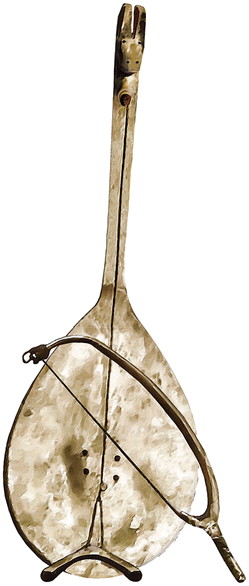Oral Tradition in Judaism, Christianity, and Islam: Introduction
By Paula Sanders, Werner H. Kelber
The present issue of Oral Tradition stands as a tribute to a conference initiated and convened by professors Werner Kelber and Paula Sanders on the topic of Oral-Scribal Dimensions of Scripture, Piety, and Practice in Judaism, Christianity, and Islam, April 12-14, 2008. Sixteen active participants (a keynote speaker, four specialists in each of three world religions, and three respondents) met to examine the aesthetic, compositional, memorial, and performative aspects of three faiths (Judaism, Christianity, and Islam) in their appropriate media contexts. In many ways, this approach differs from, and indeed challenges, historical scholarship. Beginning with the pre-modern period and reaching into our postmodern world, the strictly philological, textual paradigm has served as the intellectual premise for classical and biblical scholarship, for medieval studies, and for the study of world religions as well. The Rice conference and the papers that emanated from it are designed to provide the philological, textual study of the monotheistic faiths with fresh insights and to suggest significant modifications. The largely Western paradigm of the three monotheistic faiths as quintessential religions of the book is, thereby, called into question in the present issue of Oral Tradition. If the flourishing discipline of orality-scribality-memory studies has shown anything conclusively, it is that prior to the invention of print technology the verbal arts were an intricate interplay of oral and scribal verbalization, with manuscripts often serving as mere reference points for recitation and memorization. The papers that follow show that this scenario applies with special relevance to Judaism, Christianity, and Islam.
